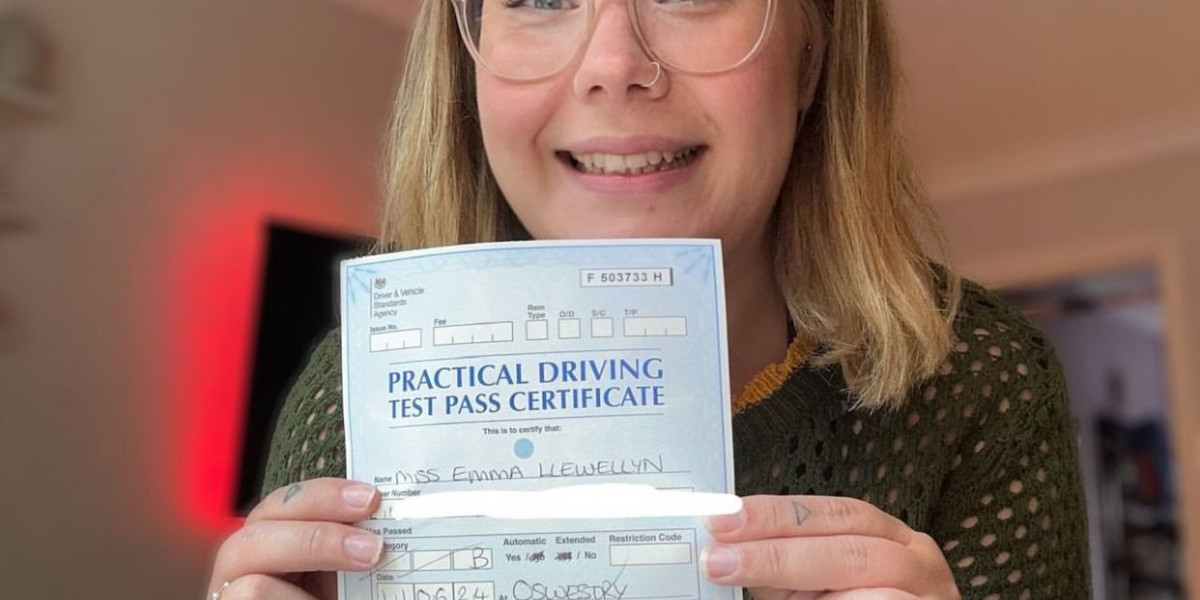Understanding Online Licenses: A Comprehensive Guide
In today's digital landscape, online licenses have ended up being essential throughout different sectors, including software, education, and even expert services. An online license provides users with legal permission to utilize a specific item, service, or intellectual property, obtained through digital methods. As the industry evolves, the significance of online licenses continues to grow, impacting how services and individuals operate in a digital-first environment.
What is an Online License?
An online license is a legal contract that permits a private or company to utilize a product and services, often governed by specific terms and conditions. Unlike conventional licenses, which might involve paper agreements or physical paperwork, online licenses are typically provided and managed digitally. They can cover a large range of items, including:
- Software applications
- Digital media (music, videos, eBooks)
- Online courses
- Expert certifications
- Subscriptions for different services
Online licenses can vary substantially in scope and terms, affecting how service or products can be utilized.
Kinds Of Online Licenses
Online licenses can be categorized into several types, each serving different purposes:
Subscription Licenses:
- Users pay a repeating fee to access software application or services. Typical in cloud-based software applications.
Perpetual Licenses:
- A one-time purchase charge grants users indefinite access to an item, although updates may require extra payments.
Trial Licenses:
- Temporary licenses permitting users to assess a product for a limited time before dedicating to a purchase.
Freemium Licenses:
- Basic gain access to is offered free, however improved features need payment.
Website Licenses:
- Allow numerous users within a defined organization or location to access the item.
Open Source Licenses:
- Enable users to use, modify, and disperse software easily while adhering to specified conditions.
The Importance of Online Licenses
Online licenses play an essential function in numerous aspects of digital life. Here are some of the advantages they offer:
Legal Protection: Online licenses secure the intellectual residential or commercial property rights of developers, ensuring that they can manage the distribution and use of their work.

User Rights: Licenses clarify what users can and can not do with an item, minimizing confusion and potential misuse.
Revenue Generation: For companies, online licenses are a revenue stream, enabling them to continue innovating and enhancing their offerings.
Access Control: Organizations can manage who has access to their product and services, which is especially important for software or academic content.
How to Obtain an Online License
Acquiring an online license generally involves an uncomplicated procedure. Below is a general summary of the actions involved:
Research: Identify the product and services that requires a license. Comprehend the various kinds of licenses offered and pick the one that fits your requirements.
Select a Vendor: Choose a reliable vendor or company known for their licensing offerings.
Evaluation Terms: Before buying, thoroughly checked out the licensing contract and terms of service to make sure understanding of constraints and obligations.
Purchase: Complete the purchase process by providing payment and any necessary info.
Access the Product: After the transaction is completed, you will usually get a confirmation email with instructions on how to access your item or service.
Compliance: Always comply with the terms of your license, including usage constraints and renewal standards, to avoid legal problems.
Difficulties and Considerations
While online licence (https://laviesound.com/) licenses supply numerous benefits, there are challenges and factors to consider to bear in mind:
Terms and Conditions Complexity: Many users struggle with the complexity and length of online licensing agreements, which may result in unintentional offenses.
Regional Restrictions: Some licenses are subject to local restrictions, limiting gain access to based upon geographical place.
Revocation of License: Violation of the terms can cause the revocation of access, potentially interrupting use of vital tools or resources.
Data Privacy: Licensing agreements typically include clauses concerning information collection and usage, which users need to scrutinize carefully.
Frequently Asked Questions About Online Licenses
What should I do if I lose my online license key?
- Contact the product's customer care or assistance team. They may have the ability to verify your purchase and provide a replacement secret.
Can I move my online license to another user?

- This depends upon the particular regards to your license. Some licenses are non-transferable, while others might enable transfers under certain conditions.
What happens if I violate my license arrangement?
- Breaking your license agreement might lead to revocation of access to the item, fines, and even legal action taken against you by the license holder.
Are free online licenses reliable?
- Free licenses may differ in reliability. It is essential to understand the terms and verify the trustworthiness of the provider before committing.
Is a digital signature enough to validate an online license?
- In most cases, a digital signature can validate an online license. Nevertheless, make sure that the signing authority is genuine and that the terms are compliant with local laws.
Online licenses are vital in today's digital environment, providing legal defense, access rights, and monetary benefits. Whether obtained for software application, digital media, or academic resources, understanding the intricacies of online licensing is necessary for both businesses and customers. By acknowledging the types, significance, difficulties, and proper acquisition of these licenses, users can browse the digital landscape more effectively and legally. Guaranteeing compliance with licensing contracts not just safeguards personal interests however also respects the rights of creators and provider, adding to a healthier digital environment.








